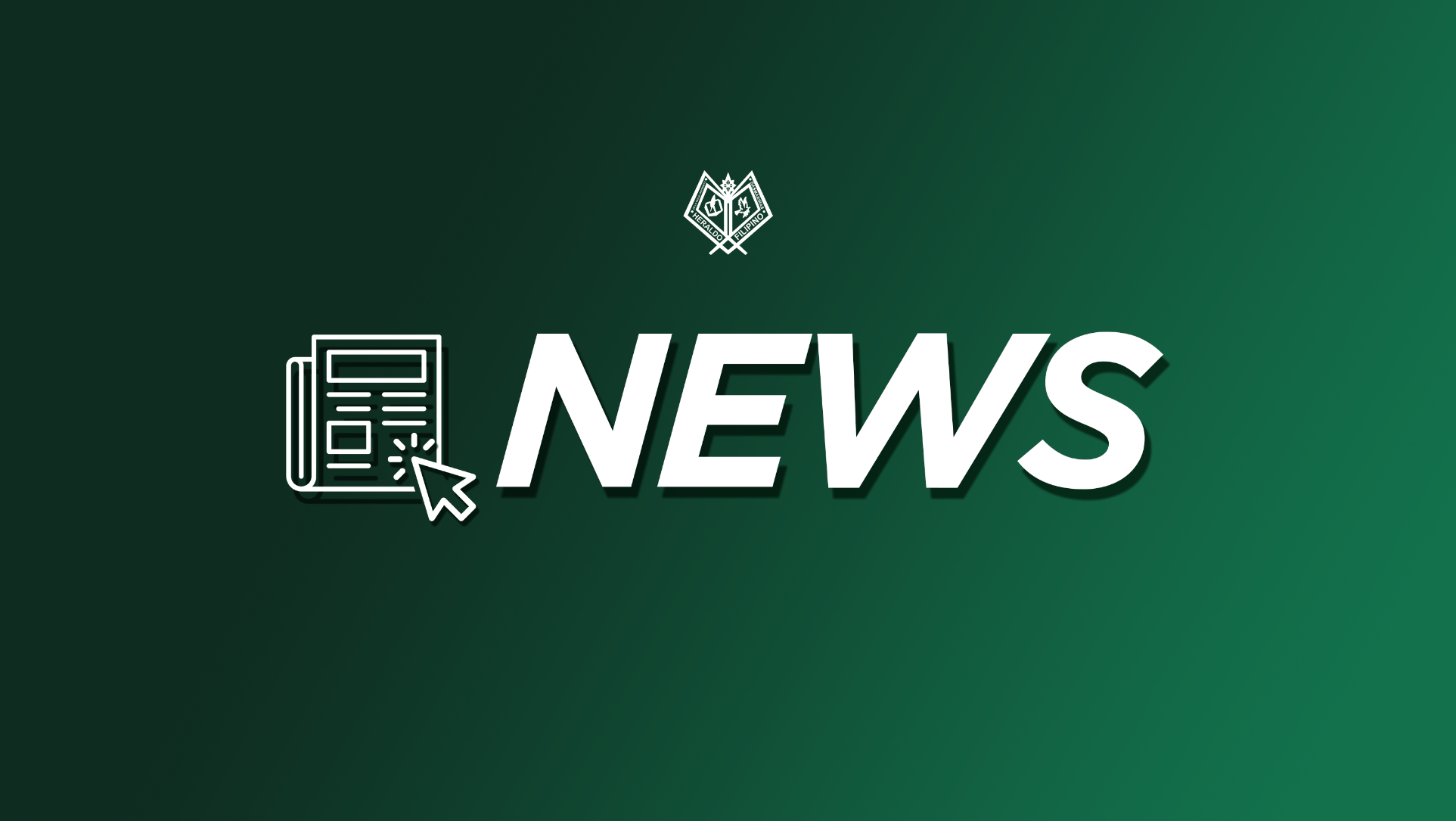USEC calls for elections code reform after primary election failures
The University Student Election Commission (USEC) calls for urgent reforms to the Omnibus Student Elections Code and Implementing Rules and Regulations (IRR), citing persistent challenges such as candidate shortages and schedule conflicts, with USEC Chairperson Khenzie Navarrete proposing leadership workshops and stronger collaboration with student organizations to improve the electoral process and inspire more student participation in governance.
This comes after University Student Government (USG) President Abigail Hapal called attention to the state of student governance during a livestream via the USG’s official Facebook page on April 16. Following this, Hapal issued Administrative Order No. 2 on May 2, prompting the USG Senate and House of Representatives (HoR) to convene a joint session on May 7 via Microsoft Teams, where they reviewed constitutional provisions and discussed revisions to the governance structure.
Need for guidelines reform
In an interview with The HERALDO FILIPINO, Navarrete explained that the current Omnibus Student Elections Code and IRR no longer reflect the realities of today’s student elections, emphasizing the need for an update to avoid recurring problems.
“The E-code and IRR were designed to create a framework for fair elections, pero hindi na siya suited sa mga nangyayari ngayon. It lacks addressing certain issues, and because of that, it can lead to multiple problems. I believe that they needed an update to better reflect ‘yung mga challenges na nagkakaroon in today’s issues,” she stated.
Emerging challenges
In terms of challenges, the USEC Chairperson revealed that one of the most pressing concerns is the persistent lack of candidates, pointing out that incomplete slates and vacant positions have long plagued student elections—particularly for key roles like the USG President and Vice President.
“I believe that even before, bungi-bungi na ang candidates for the position[s] in the USG whenever there is a special election conducted,” she emphasized.
Additionally, Navarrete noted that sudden changes in the University calendar, including holidays and class suspensions, have caused election scheduling conflicts.
Proposed solutions and commitments
In response to the challenges, she revealed that USEC has proposed leadership workshops under the USG, where aspiring candidates and students would be mentored by current officers to better understand the responsibilities of student governance. Additionally, the USEC Chairperson believes that collaborating with other organizations, such as the College Student Governments (CSGs) and the USG, would help create a better system that can inspire more students to pursue leadership paths.
“If they want to help the student body to be the voices, we can work together with the CSGs or the USG. I believe it can [be] a better stepping stone to reach more students, instead of just being us,” Navarette expressed.
Despite the challenges, she acknowledged the difficulty of balancing academic responsibilities with election management, and vowed to persist until the primary elections are fully restored, reassuring the student body that USEC remains “attentive to student feedback and continues to try its best to improve the electoral process.”
***
The 2025 University-wide Special Elections was scheduled from May 5 and ends today, May 10, at 5:00 PM, ahead of the upcoming national midterm elections on May 12.





